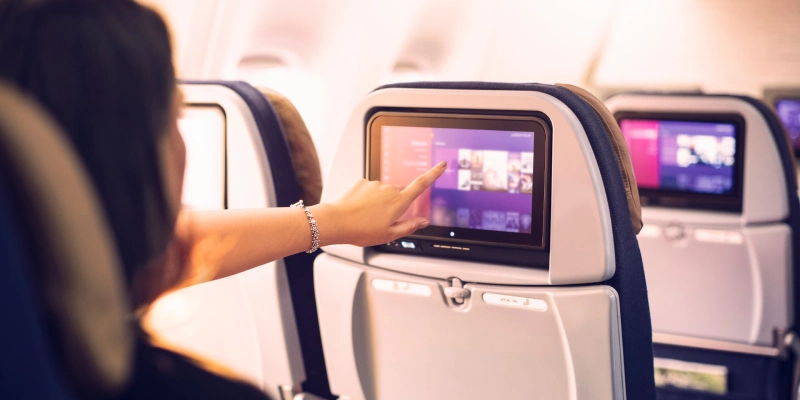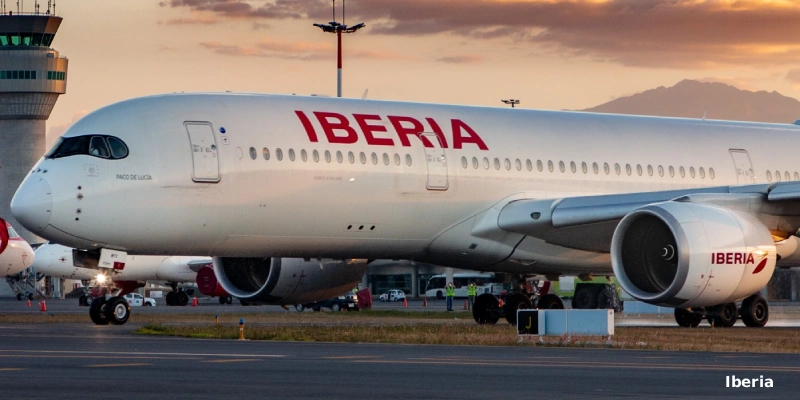The US Department of Transportation will suspend 26 Chinese airline flights next month in a dispute over Beijing’s strict policies when travelers test positive for Covid-19.
The retaliatory move follows the Chinese government’s decision to limit incoming flights by US airlines, including United Airlines and Delta Air Lines. China’s actions are “adverse to the public interest” and warrant “further proportionate remedial action by the Department.” the US regulator said in an order on Thursday.
→ Norse Atlantic announces flights between Berlin and Fort Lauderdale.
The US government cited China’s practice of suspending airline flights if too many passengers test positive for the coronavirus after arrival, even though they must be free of the disease to board a flight, Bloomberg reported.
The dispute is a clash between China’s zero-tolerance policies aimed at limiting the spread of disease and the US government’s insistence that the Asian giant has violated international treaties on air access. The United States has taken similar steps before, such as in January when it suspended 44 scheduled flights by Chinese airlines.
The temporary flight ban targets service in September planned by several Chinese airlines, including Air China, China Eastern Airlines, China Southern Airlines and Xiamen Airlines.
→ Qantas announces direct flights between Auckland and New York.
The US action is in response to China’s suspension of 26 US airline flights since February.
The Civil Aviation Authority of China said on August 7 that if at least 4% of passengers on a flight test positive for Covid-19 after arrival, a flight of that airline will be suspended. If the number reaches 8%, two flights will be suspended, the CAAC said.
The policy eases previous standards that could suspend an airline’s flights for two weeks or limit passenger load to 40%, according to the US departmental order.
The DOT said it did not seek to escalate tensions but acted because it believed China’s actions violated a bilateral agreement governing flights between the two nations.
Related Topics
LATAM Suspends Lima-Havana Flights Due to Fuel Supply Crisis in Cuba
LATAM Recognized for Third Time by APEX as Airline with “Best Inflight Entertainment in South America”
Iberia to Offer Record Capacity to Latin America This Summer: 3.35 Million Seats and Up to 366 Weekly Flights
LATAM Resumes Flights Between Bogota and Caracas Starting February 23

Plataforma Informativa de Aviación Comercial con 13 años de trayectoria.




